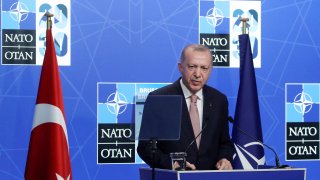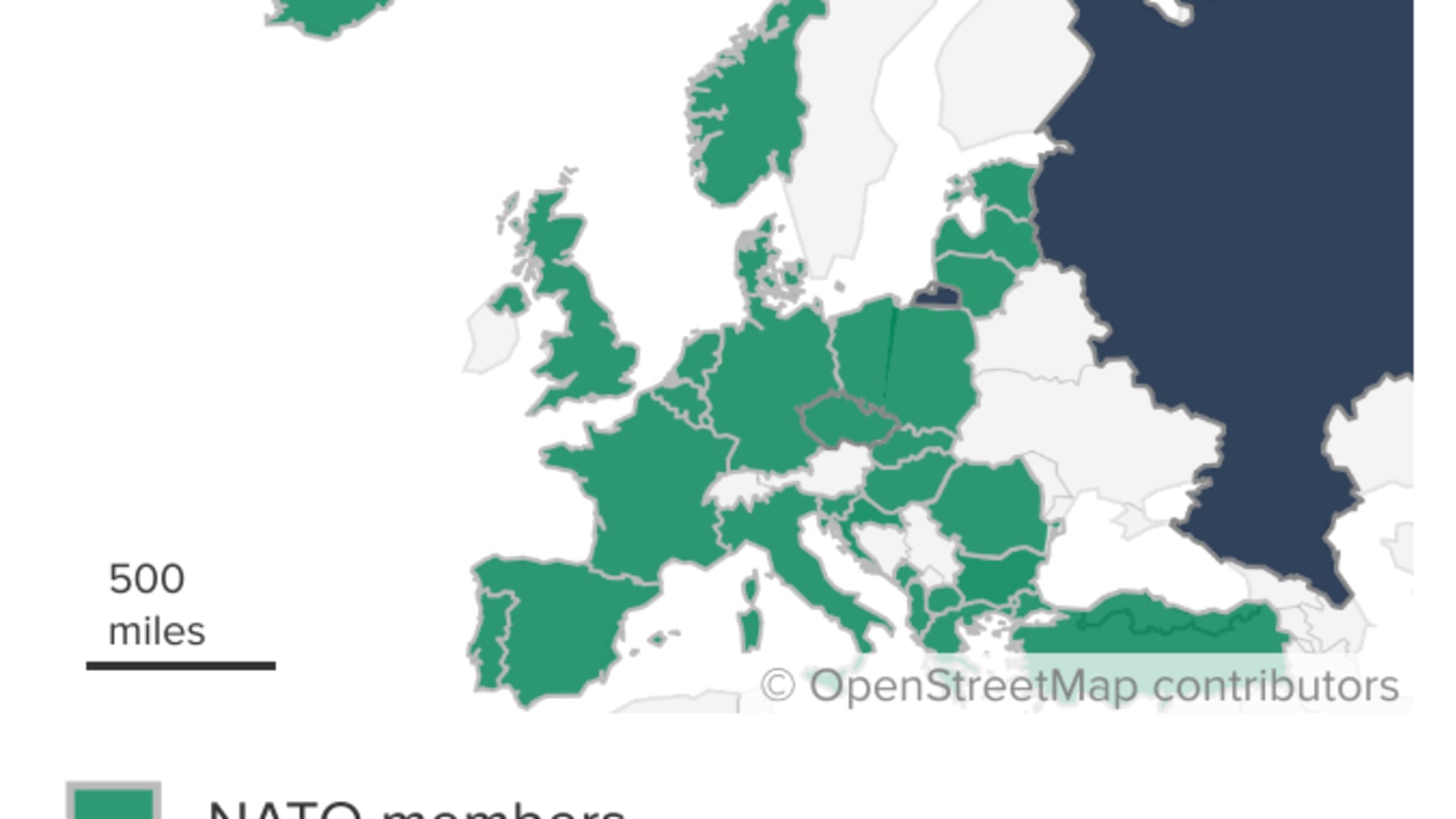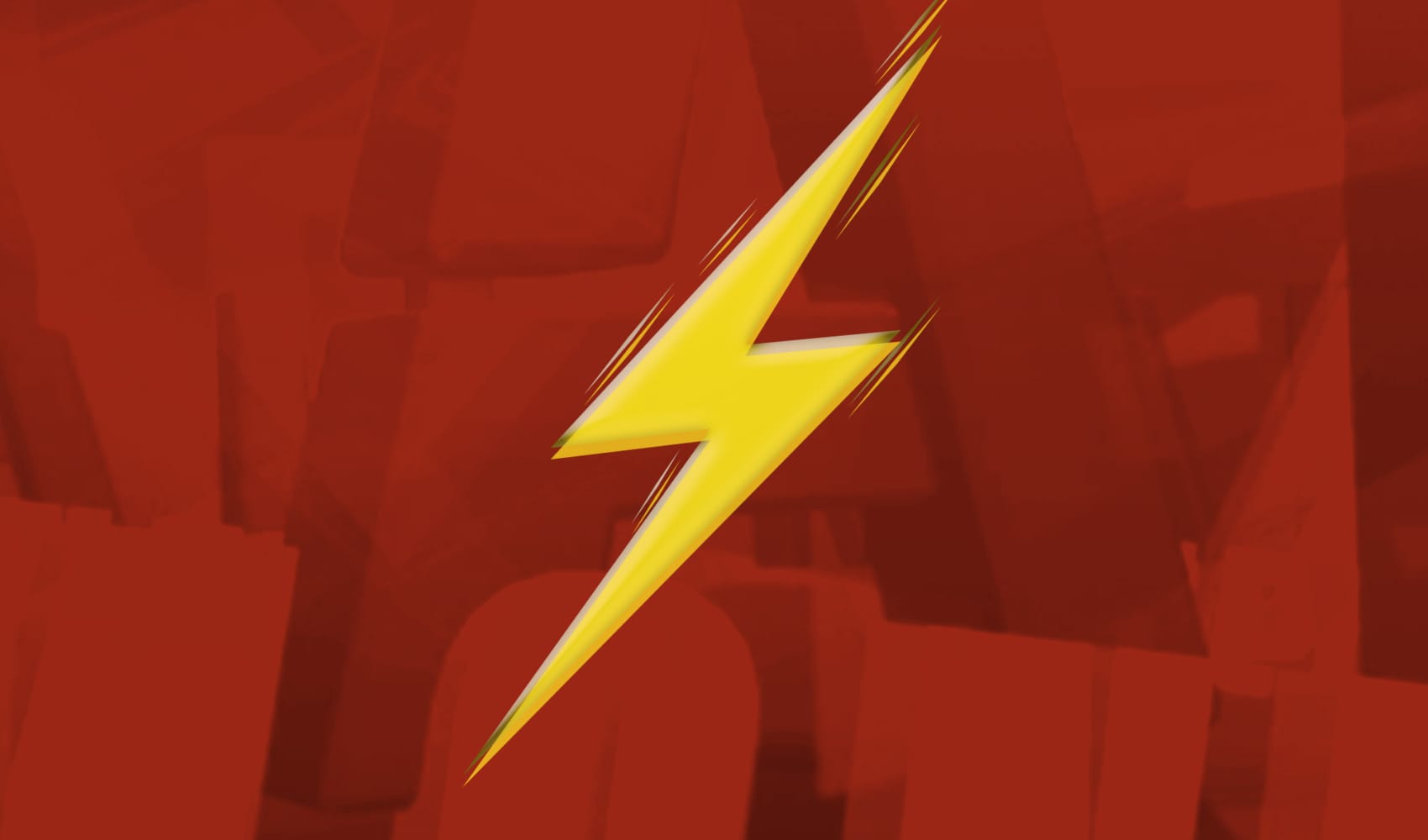
- NATO ascension for a new member state requires consensus approval from all existing members.
- Turkey joined NATO in 1952, and has the second-largest military in the 30-member alliance after the United States.
- Finland's leaders on Thursday called for NATO membership "without delay" and neighboring Sweden is expected to follow suit.
Turkish President Recep Tayyip Erdogan has thrown Sweden and Finland's potential NATO membership into doubt, just as both countries are on the cusp of applying to join the alliance in the wake of Russia's invasion of Ukraine.
WATCH ANYTIME FOR FREE
Stream NBC10 Boston news for free, 24/7, wherever you are. |
"We are following the developments regarding Sweden and Finland, but we don't hold positive views," Erdogan told press in Istanbul on Friday.
NATO ascension for a new member state requires consensus approval from all existing members.
Get updates on what's happening in Boston to your inbox. Sign up for our News Headlines newsletter.
A senior American diplomat said the U.S. is working to clarify Turkey's official position on the matter. The issue will be discussed at the NATO ministerial meeting in Berlin over the weekend, Karen Donfried, assistant secretary for Europe and Eurasian affairs, was quoted by Reuters as saying in a press call later on Friday.
Turkey joined NATO in 1952, and has the second-largest military in the 30-member alliance after the United States. Erdogan referenced the Nordic countries' hosting of members of the Kurdish Workers' Party, or PKK, which Turkey classifies as a terrorist group.
Money Report
Sweden and Finland are "home to many terrorist organizations," Erdogan claimed.
Sweden has been supportive of the Kurdish YPG, the PKK's Syrian branch, during the Syrian conflict. Its ministers have met with YPG leaders, which Ankara has condemned. CNBC has reached out to the Swedish and Finnish foreign ministries for comment.
Erdogan also referenced NATO's acceptance of Greece as a member in 1952 as a "mistake." Turkey and Greece are longtime rivals and have fought in conflicts against one another even as NATO members.
"As Turkey, we don't want to repeat similar mistakes. Furthermore, Scandinavian countries are guesthouses for terrorist organizations," Erdogan said. "They are even members of the parliament in some countries," he added. "It is not possible for us to be in favor."
Sweden currently has six sitting Kurdish members of parliament, representing the Liberal, Sweden Democrats, Social Democrats and Left Party.
Finland's leaders on Thursday called for NATO membership "without delay" and neighboring Sweden is expected to follow suit, leaving it all but certain that the Scandinavian countries would soon abandon their traditional positions of neutrality toward both NATO and Russia in favor of joining the mutual defense pact.

Public support for joining the organization in both countries has soared since Russia's invasion of Ukraine on Feb. 24. Finland shares a long border with Russia, and Moscow has threatened severe consequences if they were to become NATO members. Opposition to NATO enlargement was one of the reasons the Kremlin cited for its invasion of Ukraine, which has sought NATO membership for several years.
In response to Erdogan's comments, Finnish Foreign Minister Pekka Haavisto urged patience and to take the process "step by step." Swedish Foreign Minister Ann Linde said she was very confident that her country's membership bid would receive unanimous backing from NATO members.
"If were to decide to do take that alternative (joining NATO) I think we would get very, very strong support from large and important countries who are members with whom Turkey has an interest in having good relations," Linde said.

Tim Ash, emerging markets strategist at Bluebay Asset Management and longtime Turkey expert, sees Erdogan as trying to use leverage as a NATO member to extract concessions.
"I assume that Erdogan is looking for some quid pro quo here on military equipment supplies, better fighter jets, missile defence, et al," Ash wrote in a note Friday.
"But Erdogan's stance will absolutely not be appreciated in Western capital, nor in Ukraine," Ash said. "It will be seen as just another sign of Turkey pulling away from the Western alliance and will raise further concerns about Turkey's efforts to benefit from the war in Ukraine by providing a harbour for Russian capital and tourists."
Turkey's highly strategic Incirlik airbase is home to 50 of the U.S.'s tactical nuclear weapons, which some U.S. officials have suggested removing due to increasing tensions with Washington and Ankara in recent years, centered partly on Erdogan's warming ties with Russian President Vladimir Putin.
While Turkey has supported Ukraine by sending it weapons, in particular its lethal Bayraktar drones, it has so far refused to join its NATO allies in sanctioning Russia.
It continues to receive Russian visitors and investments. Turkish Foreign Minister Mevlut Cavusoglu said in late March that he would welcome sanctioned Russian oligarchs into his country as both tourists and investors, as long as any business dealings were kept within the realm of international law. Several yachts belonging to Russian oligarchs have been seen moored at Turkish docks.
Ankara now risks looking like Russia's ally within NATO, said Soner Cagaptay, director of the Turkish Research Program at The Washington Institute.
"The optics of this move don't look good. Everybody will forget why Turkey objected in the first place to Sweden and Finland's request to join NATO, and now it risks being cast as a Russian ally inside NATO," he told CNBC.
"This will definitely undermine the positive momentum Turkey had built in Washington since the beginning of the Ukraine war because of the support it gave to Ukraine, and it could even undermine the F-16 sale which was moving forward," Cagaptay said. He referenced a deal currently in the works between the Biden administration and Ankara for Turkey to receive fighter jets.
"It's going to really hurt Turkey's image because both European politics and global politics are now viewed from all NATO member capitals as a 'NATO versus Russia' perspective," he added. "And in this dichotomy, Turkey's decision will be seen as helping Russia."






